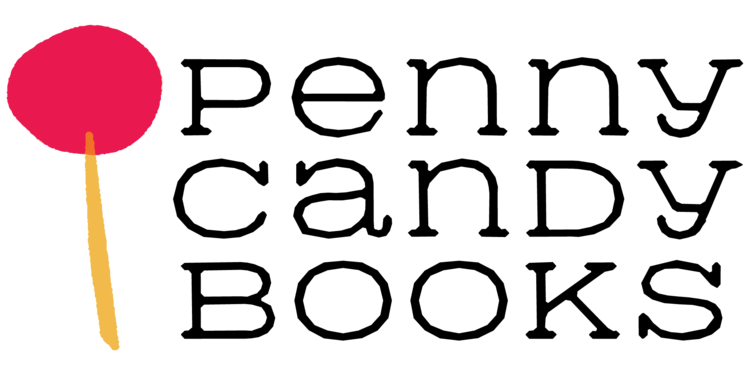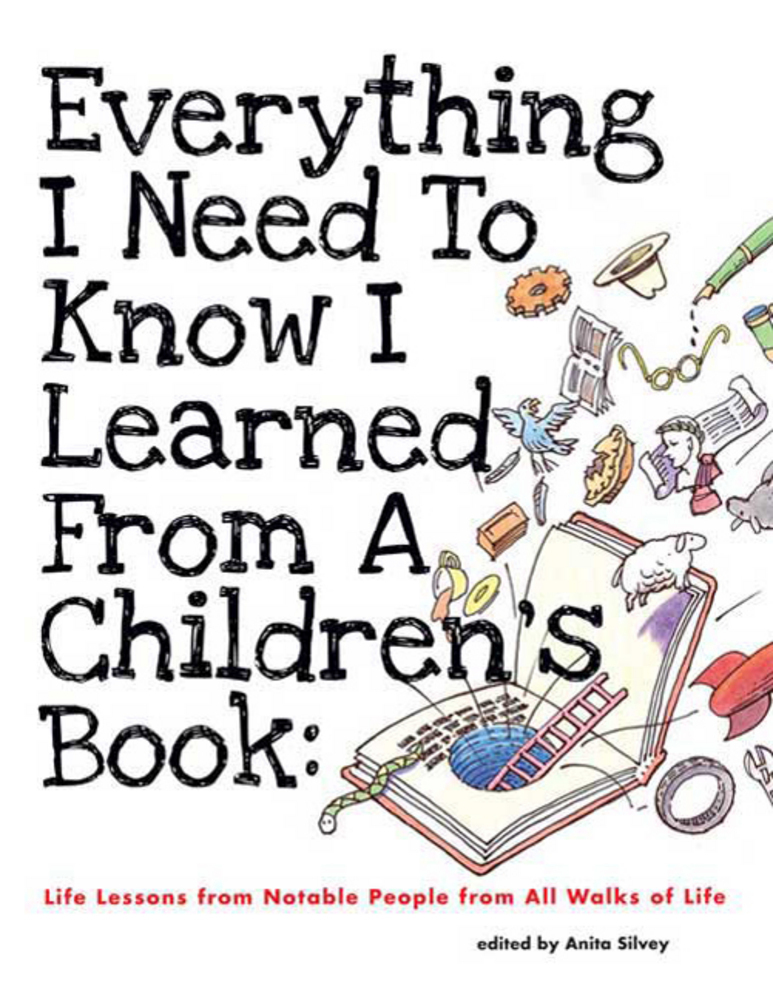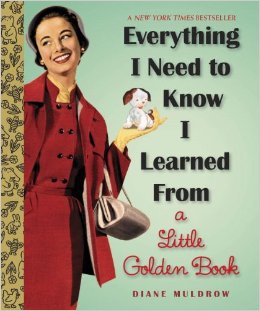What a whirlwind week road tripping with our indefatigable author, Quraysh Ali Lansana and his book, A Gift from Greensboro. Long drives, teaching sessions, presentations, unscheduled appearances, small crowds, big crowds—the man doesn't stop! It was so fun to watch Quraysh in his element, talking to young people—from kindergartners to high school students—about the impacts of the Civil Rights Movement as well as the journey still ahead of us.
We did a lot of driving through the South: Richmond to Farmville, VA to Greensboro, NC to Raleigh. In each city, we learned another unique piece of Civil Rights history, from Farmville's 5-year shut down of public schools to avoid integration and the Black students who initiated boycotts of substandard replacement schools (we met one of them!) to a day-by-day timeline of the sit-ins in Greensboro led by 4 college students who'd had enough. The Greensboro sit-ins weren't the first of their kind, but they were the catalyst for the Movement that swept the South and resulted in lunch counter integration.
Speaking of lunch counters, we saw the original counter in the International Civil Rights Museum, which used to be the Woolworth store featured so amazingly by Skip Hill in A Gift from Greensboro. The energy of disruption and victory hovers in that room.
This trip, more than a publicity or book sale opportunity, was simply an honor to be a part of. We're not just making books. We might just be creating community too.
Quraysh at the Greensboro International Civil Rights Museum discussing the book with students and parents.
Quraysh at the Virginia Children's Book Festival with a group of high school creative writers (and Chad taking a photo from the other direction).
Finally, we woke up this morning after lots of driving and flying, and we discovered this unbelievable post about Penny Candy Books on Sarah James's Whoorl. If you get a chance, give it a read! So great to see that readers—kids and grown ups alike—are digging our mission and our books!!
















